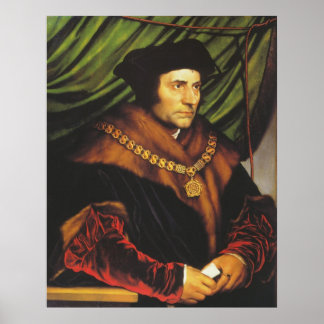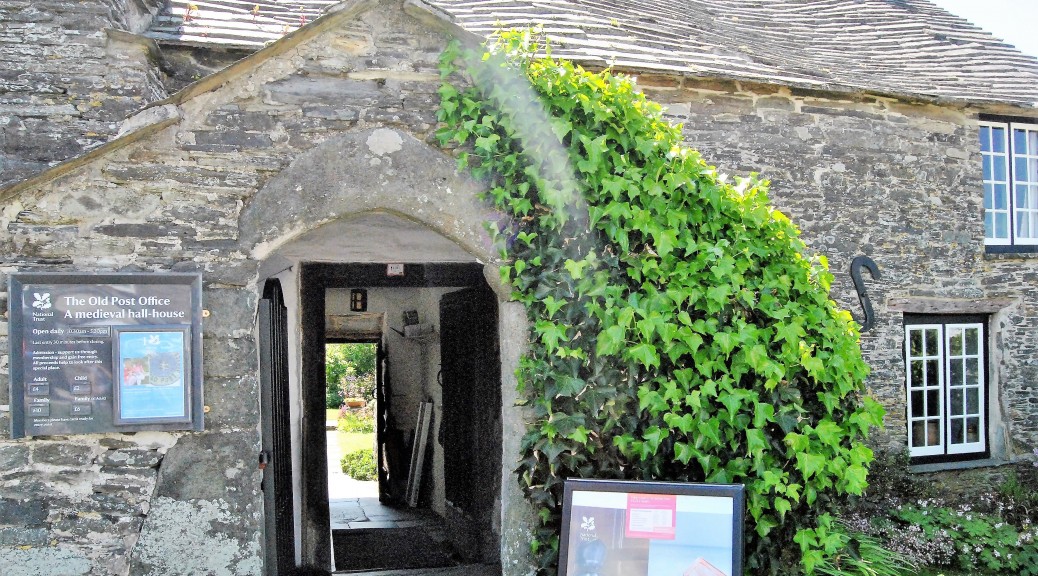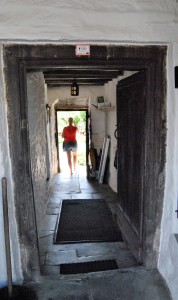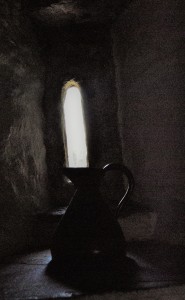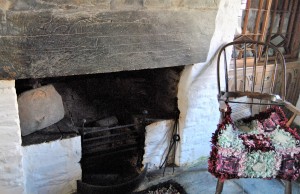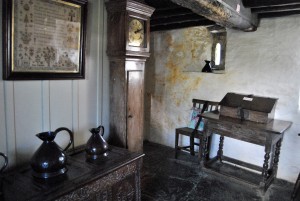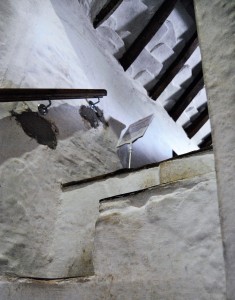Well we’re back and I’m still on one of my favorite subjects—books: Today we’re looking at comparing books (in this case just two but it’s a start) to better understand a subject–in this case a historical figure and a murder mystery….and discover how two books and authors can vary greatly on one subject…history in the eye of the beholder.
All my photos are from The Old Post Office — a rare Medieval home in Tintagel, Cornwall, UK—quotes are from Will’s (as in Shakespeare) or who ever he was—-that’s a whole other group of books—play.
And I haven’t forgotten Droughtlander…read on my friends read on.
The books we’re using today are
THE PRINCES IN THE TOWER
By Allison Weir
Carefully examining every shred of contemporary evidence as well as the dozens of accounts, Weir reconstructs the entire chain of events leading to the double murder.
We consider in turn each of the prime suspects in the murder, the grasping, conspiratorial Duke of Buckingham, the shadowy Sir James Tyrell, Richards trusted retainer, the possibility that the boys may have died of natural causes and of course, Richard III himself, a complex man of charm and intelligence twisted by a ruthless ambition for power.
Grim-visaged war hath smoothed his wrinkled front,
And
BOSWORTH PSYCHOLOGY OF A BATTLE
By
Michael Jones
In 1485 the Battle of Bosworth marked an epoch in the lives of two great houses: the House of York fell to the ground when Richard III died on the field of battle, and the House of Tudor rose from the massacre to reign from the next hundred of years.
…..rewrites this landmark event in English history. He shifts our perspective of its heroes and villains and puts Richard firmly back into the context of his family and his times.
He capers nimbly in a lady’s chamber
To the lascivious pleasing of a lute.
But I, that am not shaped for sportive tricks
Nor made to court an amorous looking-glass
Alison Weir
Alison Weir (born 8 July 1951) is a British writer of history books, and latterly historical novels, mostly in the form of biographies about British royality: Her first published work, 1989’s Britain’s Royal Families, was a genealogical overview of the British royal family. She subsequently wrote biographies of Eleanor of Aquitaine, Isabella of France, Katherine Swynford, and the Princes in the Tower. Other focuses have included Henry VIII of England and his wives and children, Mary Boleyn, Elizabeth I, and Mary, Queen of Scots. She has published historical overviews of the Wars of the Roses and royal weddings, as well as historical fiction novels on Lady Jane Grey, Elizabeth I, and Eleanor of Aquitaine. https://en.wikipedia.org/wiki/Alison_Weir
I was educated at the City of London School for Girls, obtaining A-levels in English Literature, Art and History (English and European medieval history, with twelfth- century monasticism in the West as my specialist subject), then at the North Western Polytechnic of London, where I trained as a teacher with History as my main subject, studying world history, English medieval history and the Italian Renaissance. I did not pursue that career, however, because I quickly became disillusioned with trendy teaching methods.
Why, I in this weak piping time of peace
Have no delight to pass away the time,
Unless to spy my shadow in the sun
And descant on mine own deformity.
And therefore since I cannot prove a lover
To entertain these fair well-spoken days,
I am determined to prove a villain
And hate the idle pleasures of these days
He is the author of eight previous books, including most recently THE KING’S GRAVE: The Search for Richard III; a series of works on World War Two’s eastern front culminating with TOTAL WAR: From Stalingrad to Berlin; and BOSWORTH 1485: Psychology of a Battle, regarded as a seminal work on Richard III and the battle of Bosworth. Jones lives in England.
http://www.bookreporter.com/authors/michael-jones
He has a Ph.D in history from Bristol University and was a professor at Glossgow University and Winchester College. A fellow in the Royal Historical Society and a member of the British Commission for Military History as well as a Consultant for the BBC on Richard III and National Geographic for Princes in the Tower.
From book
Thy friends suspect for traitors while thou liv’st,
And take deep traitors for thy dearest friends.
No sleep close up that deadly eye of thine,
Unless it be while some tormenting dream
Affrights thee with a hell of ugly devils.
Weir in her book gives us this summary of Richard:
“He grew to maturity in an uncertain and insecure world and twice suffered agony of exile…It is therefore fair to say that by age of 18 he had become hardened to violence and developed a ruthless streak in his character.”
On the other hand Jones’ book states:
“…the personal prayers gathered by father and son suggest both had a strong sense of religious duty as well as personal destiny–they would have thought about how they acted.”
About the battle of Tewhesbury, both agree that he aquitted himself well….but after the battle Weir goes on to state that his: “…ruthlessness first became apparent when as constable of England he exersized his right….to execution without trial or witness…including one in holy orders who was entitled to immunity from the death penalty.”
While Jones’ mentions after the battle that Richard “….very much saw himself as a soldier among soldiers…feeling closely connected to those who fought for him …1477 he made an endowment to open Queen’s College Cambridge….honoured the memory of his father, brother Edmund” (both dead) and “also remembered by name the relatively humble soldiers who had fought and died under his standard at the battles of Bamet and Tewhesbury…went well beyond contemporary norms…he showed a keen personal regard for them.”
Thou elvish-marked, abortive, rooting hog,
Thou that wast sealed in thy nativity
The slave of nature and the son of hell.
Thou slander of thy heavy mother’s womb.
Thou loathèd issue of thy father’s loins.
Thou rag of honour, thou detested—
Weir Relies heavily on Sir Thomas More’s account which she describes as “eye witness detail” which she believes he got from earlier sources and she goes on to say that “…one-third of it contains eloquent speeches invented by More…based on authentic material…” Then admits “…some of it may be based on inaccurate sources…but verified by others.”
Jones mainly states that More was writing in the reign of Henry VIII and thus much after the events. He does say that More knew Elizabeth Shore (then old and reduced to poverty and begging but who was once one of Edward IV’s mistresses) personally and from whom he believes More’s glimpses of Edward’s court were drawn.
Methoughts that I had broken from the Tower,
And was embarked to cross to Burgundy,
And in my company my brother Gloucester,
. . .
In my next Blog I will complete the comparison and give some sources to further enrich your knowledge of Richard–either the Bard’s demon or one of the most maligned characters in history.
The lights burn blue. It is now dead midnight.
Cold fearful drops stand on my trembling flesh.
What do I fear? Myself? There’s none else by.
Richard loves Richard; that is, I am I.
Is there a murderer here? No. Yes, I am.
Cait’s thanks to respectful fans:
Comic Con interview and a great picture of Sam’s kilt twirl
Forbear to sleep the nights, and fast the days;
Compare dead happiness with living woe;
Think that thy babes were sweeter than they were,
And he that slew them fouler than he is.
Bett’ring thy loss makes the bad causer worse.
Revolving this will teach thee how to curse.
Methought that Gloucester stumbled, and in falling
Struck me—that thought to stay him—overboard
Into the tumbling billows of the main.
O no, alas, I rather hate myself
For hateful deeds committed by myself.
I am a villain.









